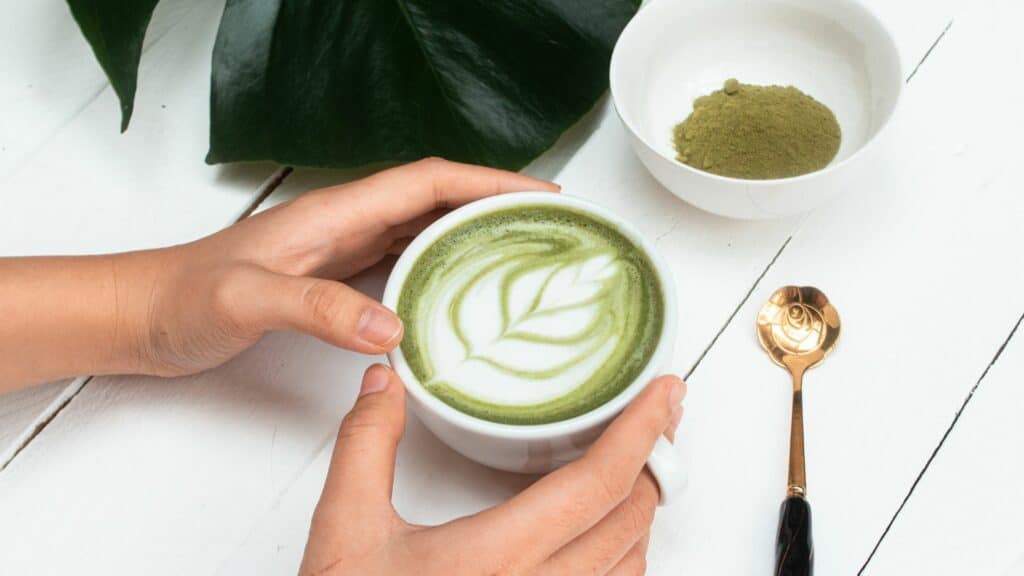Antioxidants for Immune Support
Table of Contents
‘Antioxidant’ is a term that has been known in the general social consciousness for quite sometime now. Most of us know that when something is an antioxidant, that’s a good thing and that you want more of it. Not as many people know what exactly an antioxidant IS and what makes it so good for us.
An antioxidant is actually an attribute of many different molecular compounds that allows them to prevent oxidative damage to our cells from free radicals. Harmful substances (for example, pollution, cigarettes, UV rays, and toxins) cause damage by stripping electrons from the surfaces of molecules. Damaged molecules cannot carry our their functions, which impairs the cells they are a part of. The immune system then has to come in and clean up the mess, and the body has to repair the damage and regenerate those tissues (if it can). An antioxidant compound can help prevent electron stripping (oxidation) by donating “spare” electrons to the harmful substances, so they no longer need to strip them elsewhere. This is is why having sufficient antioxidants in the body is so important, because without them, the oxidative damage would add up too fast, and the stress on the immune system and the body in general would be to great.

When in comes to the immune system specifically, antioxidants are a critical support system. Free radicals can actually be generated by immune cells as a weapon against invading pathogens such as viruses, and antioxidants are required to “mop them up” when the assault is done. Moreover, immune cells themselves are susceptible to oxidative damage, so those antioxidants will help protect them too. The balance here is very delicate and many illnesses can boil down to an imbalance in the oxidant-antioxidant systems, both from internal malfunction and from damaging substances from our environment.
Antioxidants can be found abundantly in healthy, plant-forward diets, as well as supplemented. So many natural substances posses antioxidant abilities. Here are some well-established examples: green tea extracts, turmeric, quercetin, Coenzyme Q10, Alpha-lipoic acid, vitamins C, E, and A, minerals such as selenium and zinc, polysaccharides from mushrooms and seaweeds, and many more. For your diets, look for fruits and vegetables that have bright, deep, saturated colours – that’s an easy way to tell right away that it will be high in antioxidants.
Interested in learning more about antioxidants and their impact on HSV? Follow us on instagram.
Share: